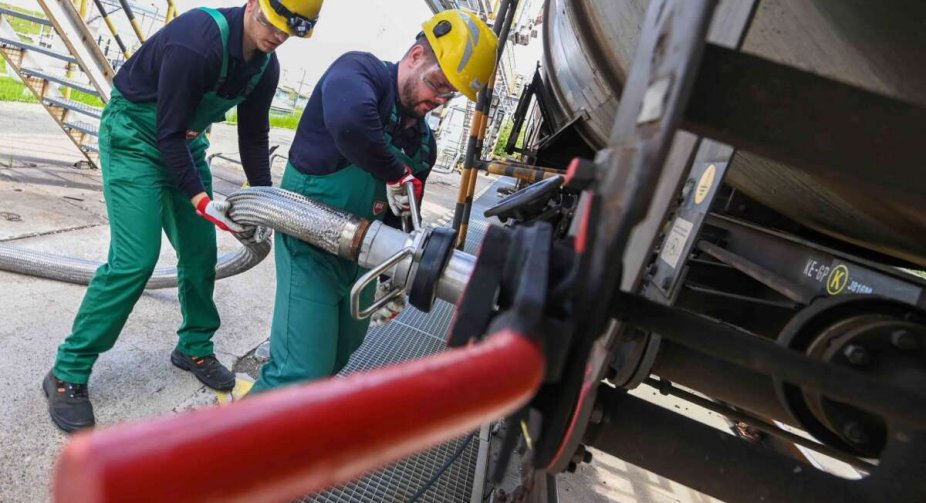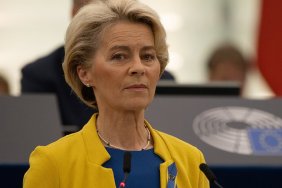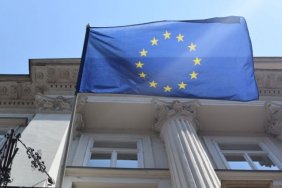In a policy document to be adopted as early as May 18, the European Commission calls on EU member states to step up preparations for a "complete cessation of Russian gas supplies" by considering emergency measures, such as a temporary gas price cap. Referring to the draft document of the European Commission, EURACTIV reports.
After Russia cut off gas supplies to Poland and Bulgaria in April, the European Commission is asking EU member states to prepare for a full-scale "supply shock."
Since mid-March, natural gas has been trading at around 100 euros/MWh/year, seven times the long-term average price, with occasional peaks at 200 euros/MWh/year, caused mainly by a lack of supply from Russia. This has led to higher electricity prices, which are largely due to backup power production from gas-fired power plants.
And while the measures taken in the fall were designed for a situation with persistently high gas prices, "in the event of a sudden large-scale or even complete disruption of Russian gas supplies, leading to exorbitantly high gas prices and insufficient gas supply, another set of measures may be appropriate," the draft policy document says.
The first among the new measures being considered in Brussels is a direct intervention in the market with "a maximum regulated price for natural gas supplied to European consumers and companies (the EU ceiling price)," according to the draft received by EURACTIV.
Although the gas price cap would immediately make life easier for consumers and prevent inflationary pressures on the economy, it is highly controversial even within the European Commission.
"One of the main negative effects is that we lose the price as important information on gas consumption in times of crisis," wrote an unnamed EU representative in the text of the proposal sent to the European Commission's departments for internal review. "Another very important negative effect is that announcing a ceiling price for gas during emergencies today leads to a decrease in storage injection, which must be avoided by all means," the official added.
These concerns are widely shared among Greens in the European Parliament. Scientists also warn against limiting prices, saying that this would deplete gas storage facilities and discourage firms from filling them, the paper wrote.






